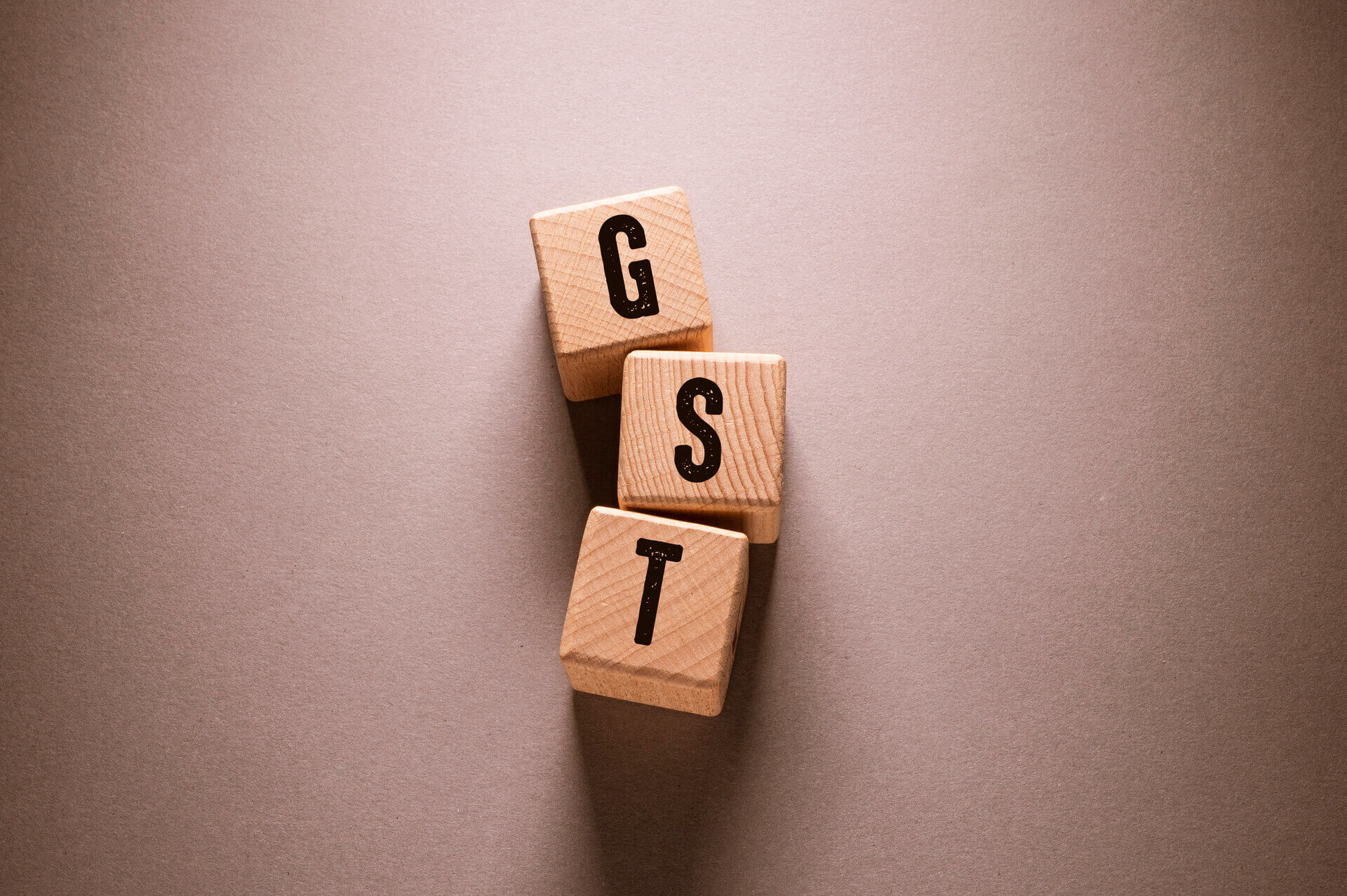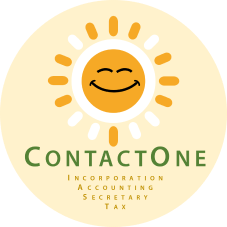Singapore is a business-friendly territory that motivates many investors to venture into the country. Along with that are the laws implemented by the government to regulate the business hub. Tax is the most common subject when the Singaporean business landscape is brought as a subject in a conversation.
Discussing Singapore’s tax scheme is only fair because business owners have many things to learn. The Goods and Services Tax (GST) is one of the most common taxes imposed on supplies of goods and services in Singapore. But what is it, and can it benefit all businesses?
Continue reading below and learn more about GST and GST registration services in this article.

All About the Goods and Services Tax (GST) in Singapore
All Singapore-based businesses know about the Goods and Services Tax (GST). In other countries, it is almost equivalent to Value-Added Tax, but with a few differences in features. GST’s nature can be defined as a wide-ranging consumption tax imposed on imported goods collected by Singapore Customs. More than that, there is GST levied on all other goods and services in the country.
On the other hand, according to the Inland Revenue Authority of Singapore (IRAS), some exemptions apply to the following: most financial services, supply of digital payment tokens, sale, and lease of residential properties, and importation and local supply of investment precious metal.
A GST-registered company in Singapore is mandated to collect GST from customers of goods and services rendered. This collection will be paid to the tax authorities to support public spending that benefits Singaporean. The expenditure includes healthcare, education, and security. Currently, GST is expressed as a 9% per cent tax charged on the consumers’ end.
What’s In It for You: Registering for GST in Singapore
Boost Brand Name
The Singaporean business hub is a saturated and competitive market where everyone goes above and beyond to acquire the positions of market leaders. A GST-registered company in Singapore has the impression of an established company. It entitles the right to rally alongside other market giants.
Enable Tailor-Made Business Policies
Registering to GST means making a pool of financial information accessible. With this information, the government can develop new policies to improve the existing ones. It will be beneficial to the growth of many businesses in Singapore.
Lessen Income Tax Rates
The favourable corporate and personal income tax scheme makes Singapore so appealing to most people, especially investors. When the government can keep track of the collected corporate income taxes, it can moderately maintain the personal income tax rates.
Encourage Savings and Investment
People are only taxed when they avail of consumer goods and services in Singapore. Because of this, individual tax rates are kept in check, encouraging citizens to save and invest. Since people are taxed every time, they purchase goods and services, it only makes sense to exempt their savings and investments from taxation.
Reduce Business Costs
Singapore’s tax regime not only benefits overseas investors like it has been lauded in the world, but the government’s cost of administration and collection also benefits from it. GST registration reduces business costs by handing down a portion of the responsibility to the consumer.
GST Registration of Singaporean Businesses
Some considerations need to be looked at more closely regarding GST registration in Singapore. While there is compulsory registration, there is also voluntary registration and exemption. Understanding the conditions governing GST registration in Singapore is crucial to be guided on your next moves.
Compulsory Registration
There are two bases when a company is compulsory to register for GST. First is a retrospective basis, in which the business turnover in the past 12 months is more than S$1 million. The second is prospective basis, in which the business is currently making sales and expecting to exceed S$1 million for the next 12 months. It includes various signed agreements or contracts and expected revenue.
Businesses with revenue exceeding S$1 million should apply GST to IRAS within a 30-day notice. Otherwise, penalties will be charged to non-compliant enterprises. To ensure proper declaration of turnover, anti-avoidance provisions are in place.
Voluntary Registration
Some businesses are not liable to compulsorily register. In this case, they may voluntarily register for GST, depending on their business operations. Qualified businesses are those with plans to make sales or have started making sales of taxable supplies in Singapore.
For additional conditions to voluntarily register for GST, do your research. Or turn to a reliable provider of GST registration services to be guided accordingly.
Exemption for Registration
Businesses that only make zero-rated supplies can apply for exemption even if they exceed the taxable turnover limit of the registration. It excludes a business from GST registration’s administrative requirement and subsequent quarterly filing. IRAS will assess and approve the exemption with the condition that 90% of the total taxable supplies are zero-rated. Input tax and output tax are also considered.
Call us Today!
For more corporate business solutions, like GST registration services, reach out to ContactOne. You may call us on +65 6333 0633 or +65 8666 3633. Our website is also full of exciting things to explore.






